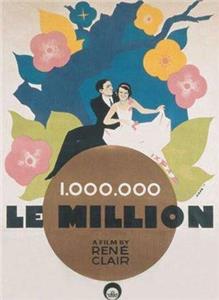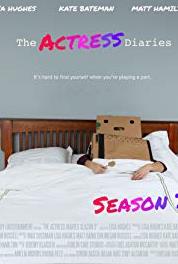Le million (1931) Online

Michel, a Parisian artist, is being hounded by numerous impatient creditors. To make things worse, when he is embracing the woman whose portrait he is painting, he is surprised by his indignant fiancée Béatrice. Suddenly, Michel learns that he holds the winning ticket in the Dutch Lottery. But when he goes to retrieve the ticket from the pocket of his jacket, he finds that Béatrice has given the jacket to a stranger who was in need. Now everyone has a keen interest in finding that jacket.
| Cast overview, first billed only: | |||
| Annabella | - | Béatrice | |
| René Lefèvre | - | Michel Bouflette | |
| Jean-Louis Allibert | - | Prosper (as Louis Allibert) | |
| Paul Ollivier | - | Granpère Tulipe | |
| Constantin Siroesco | - | Ambrosio Sopranelli | |
| Raymond Cordy | - | Le chauffeur de taxi | |
| Vanda Gréville | - | Vanda | |
| Odette Talazac | - | La cantatrice | |
| Pedro Elviro | - | Le régisseur (as Pitouto) | |
| Jane Pierson | - | L'épicière | |
| André Michaud | - | Le boucher | |
| Eugène Stuber | - | Le policier | |
| Pierre Alcover | - | Le policier | |
| Armand Bernard | - | Le chef d'orchestre | |
| Gabrielle Rosny |
Included among the "1001 Movies You Must See Before You Die", edited by Steven Schneider.
This film has a 100% rating based on 7 critic reviews on Rotten Tomatoes.
This film is part of the Criterion Collection, spine #72.






User reviews